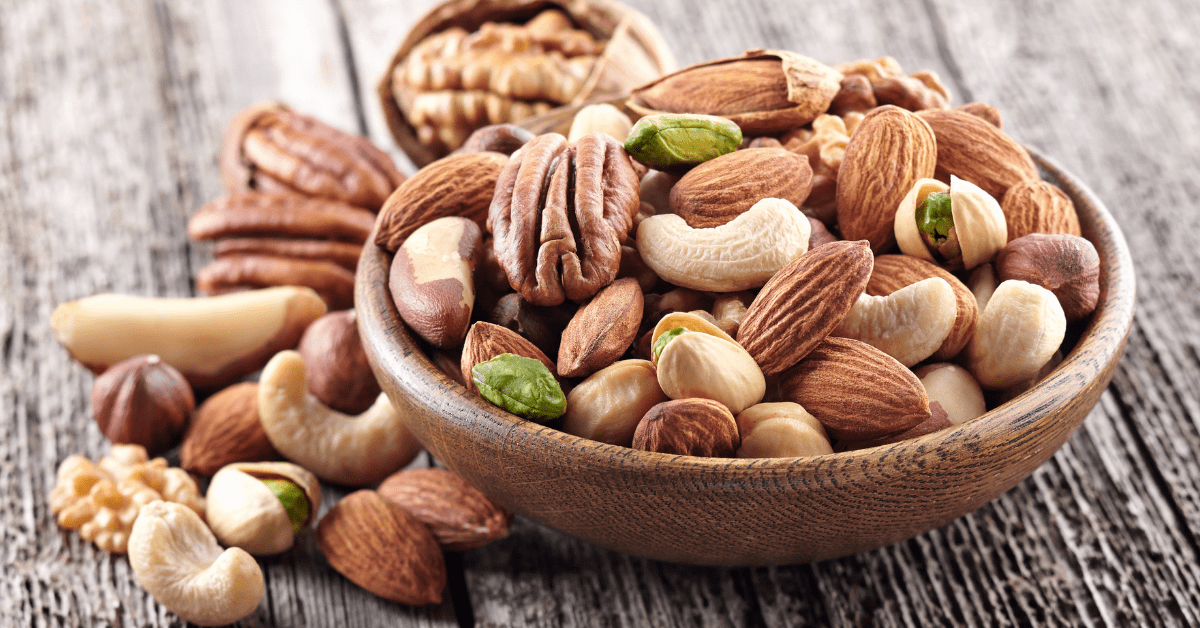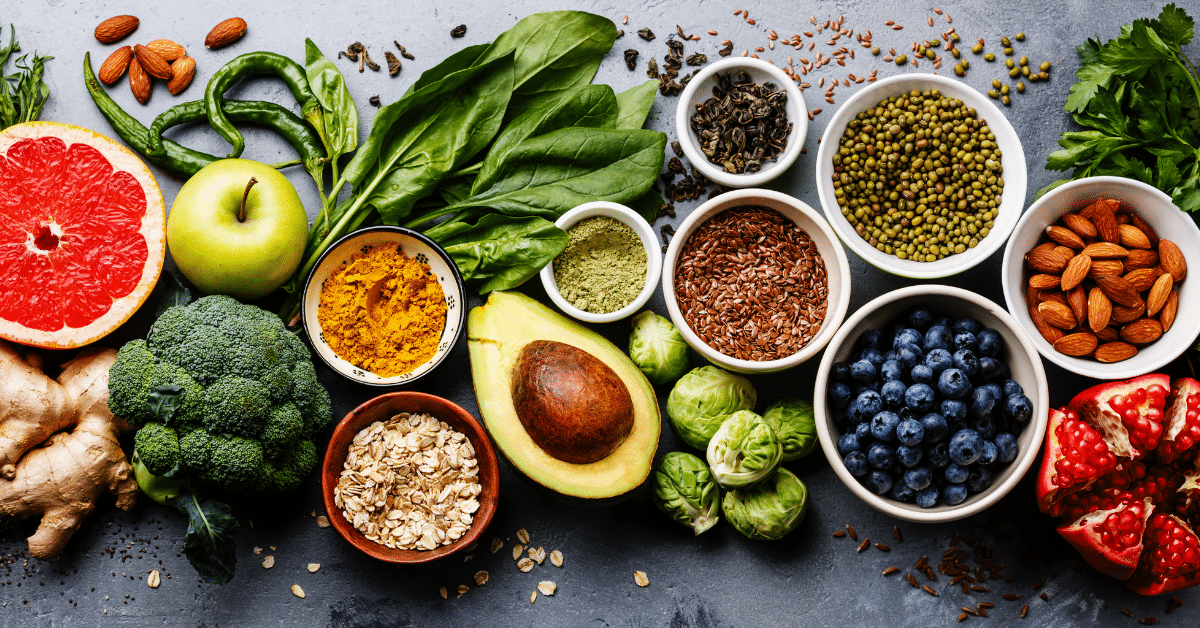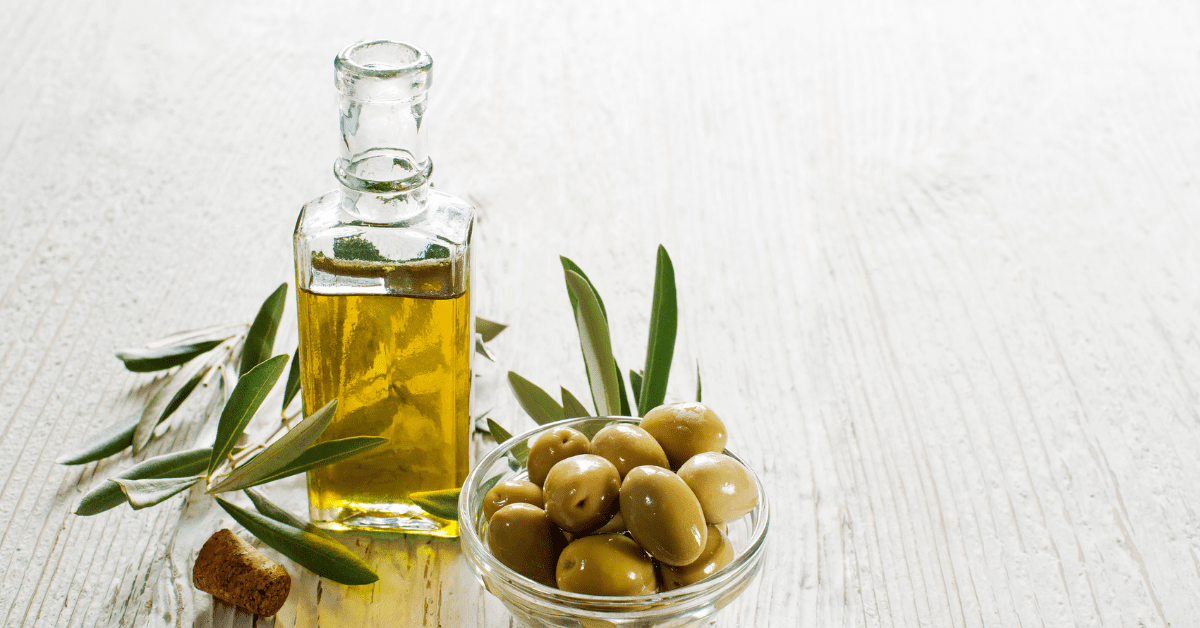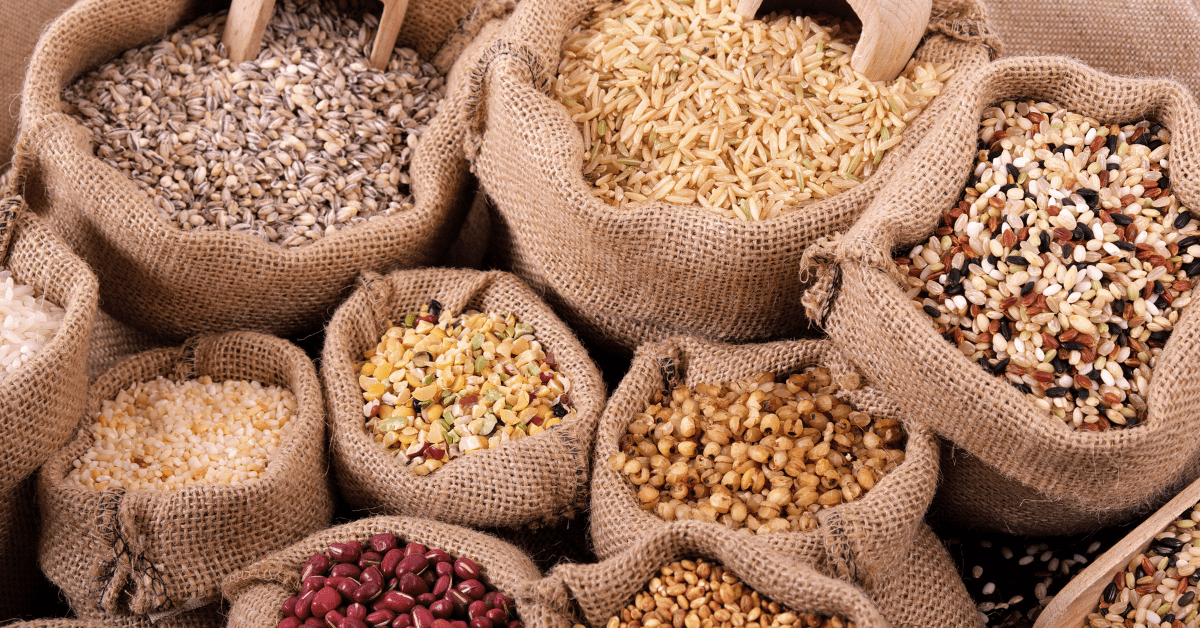The Arthritis Diet
The Mediterranean diet is classified as an ant-inflammatory diet and has been touted for a range of health benefits including less joint pain.
Studies confirm that eating foods commonly part of the Mediterranean diet has the following benefits
- Protect against chronic conditions, ranging from cancer to stroke
- Help arthritis by curbing inflammation
- Benefit your joints as well as your heart
- Lead to weight loss, which can lessen joint pain
Below are key foods from the Mediterranean diet and why they’re so good for joint health.
Fish
How much: Health authorities like the American Heart Association and the Academy of Nutrition and Dietetics recommend three to four ounces of fish, twice a week. Arthritis experts claim more is better.
Why: Some types of fish are good sources of inflammation-fighting omega-3 fatty acids. One study found those who had the highest consumption of omega-3s had lower levels of two inflammatory proteins: C-reactive protein (CRP) and interleukin-6. More recently, researchers have shown that taking fish oil supplements helps reduce joint swelling and pain, duration of morning stiffness and disease activity among people who have rheumatoid arthritis (RA).
Best sources: Salmon, tuna, sardines, herring, anchovies, scallops and other cold-water fish. Hate fish? Take a supplement. Studies show that taking 600 to 1,000 mg of fish oil daily eases joint stiffness, tenderness, pain and swelling.

Nuts & Seeds
How much: Eat 1.5 ounces of nuts daily (one ounce is about a handful).
Why: “Multiple studies confirm the role of nuts in an anti-inflammatory diet,” explains José M. Ordovás, PhD, director of nutrition and genomics at the Jean Mayer USDA Human Nutrition Research Center on Aging at Tufts University in Boston. One study found that over a 15-year period, men and women who consumed the most nuts had a 51% lower risk of dying from an inflammatory disease (like RA) compared with those who ate the fewest nuts. Another study found that subjects with lower levels of vitamin B6 – found in most nuts – had higher levels of inflammatory markers.
More good news: Nuts are jam-packed with inflammation-fighting monounsaturated fat. And though they’re relatively high in fat and calories, studies show noshing on nuts promotes weight loss because their protein, fiber and monounsaturated fats are satiating. “Just keep in mind that more is not always better,” says Ordovás.
Best sources: Walnuts, pine nuts, pistachios and almonds.

Fruits & Veggies
How much: Aim for nine or more servings daily (one serving equals one cup of most veggies or fruit or two cups of raw leafy greens).
Why: Fruits and vegetables are loaded with antioxidants. These potent chemicals act as the body’s natural defense system, helping to neutralize unstable molecules called free radicals that can damage cells. Research has shown that anthocyanins found in cherries and other red and purple fruits like strawberries, raspberries, blueberries and blackberries have an anti-inflammatory effect.
More good news: Citrus fruits – like oranges, grapefruits and limes – are rich in vitamin C. Research shows getting the right amount of that vitamin aids in preventing inflammatory arthritis and maintaining healthy joints. Other research suggests eating vitamin K-rich veggies like broccoli, spinach, lettuce, kale and cabbage dramatically reduces inflammatory markers in the blood.
Best sources: Colorful fruits and veggies – the darker or more brilliant the color, the more antioxidants it has. Good ones include blueberries, cherries, spinach, kale and broccoli.
Olive Oil
How much: Two to three tablespoons daily.
Why: Olive oil is loaded with heart-healthy fats, as well as oleocanthal, which has properties similar to nonsteroidal anti-inflammatory drugs (NSAIDs). “Oleocanthal inhibits activity of COX enzymes, with a pharmacological action similar to ibuprofen,” says Ordovás. Inhibiting these enzymes dampens the body’s inflammatory processes and reduces pain sensitivity.
Best sources: Extra virgin olive oil goes through less refining and processing, so it retains more nutrients than standard varieties. And it’s not the only oil with health benefits. Avocado and safflower oils have shown cholesterol-lowering properties, while walnut oil has 10 times the omega-3s that olive oil has. Beans
How much: About one cup, twice a week (or more).
Why: Beans are loaded with fiber and phytonutrients, which help lower CRP, an indi¬cator of inflammation found in the blood. At high levels, CRP could indicate anything from an infection to RA. In a study scientists analyzed the nutrient content of 10 common bean varieties and identified a host of antioxidant and anti-inflammatory compounds. Beans are also an excellent and inexpensive source of protein and have about 15 grams per cup, which is important for muscle health.
Best sources: Small red beans, red kidney beans and pinto beans rank among the U.S. Department of Agriculture’s top four antioxidant-containing foods (wild blueberries take the number 2 spot).
Whole Grains
How much: Eat a total of six ounces of grains per day; at least three of which should come from whole grains. One ounce of whole grain would be equal to ½ cup cooked brown rice or one slice of whole-wheat bread.
Why: Whole grains contain plenty of filling fiber – which can help you maintain a healthy weight. Some studies have also shown that fiber and fiber-rich foods can lower blood levels of CRP, an inflammatory marker.
Best sources: Eat foods made with the entire grain kernel, like whole-wheat flour, oatmeal, bulgur, brown rice and quinoa. Some people may need to be careful about which whole grains they eat. Gluten – a protein found in wheat and other grains – has been linked to inflammation for people with celiac disease (CD) or gluten sensitivity.
Nightshade Vegetables
Why: Nightshade vegetables, including eggplant, tomatoes, red bell peppers and potatoes, are disease-fighting powerhouses that boast maximum nutrition for minimal calories.
Why not: They also contain solanine, a chemical that has been branded the culprit in arthritis pain. There’s no scientific evidence to suggest that nightshades trigger arthritis flares.
Test it: Some experts believe these vegetables contain a potent nutrient mix that helps inhibit arthritis pain. However, many people do report symptom relief when they avoid nightshade vegetables. So, if you notice that your arthritis pain flares after eating them, consider eliminating all nightshade vegetables from your diet for a few weeks to see if it makes a difference. Then slowly add them back into your diet to see if symptoms worsen or stay the same.
For more information on innovative orthopedic care, visit iOrtho.









